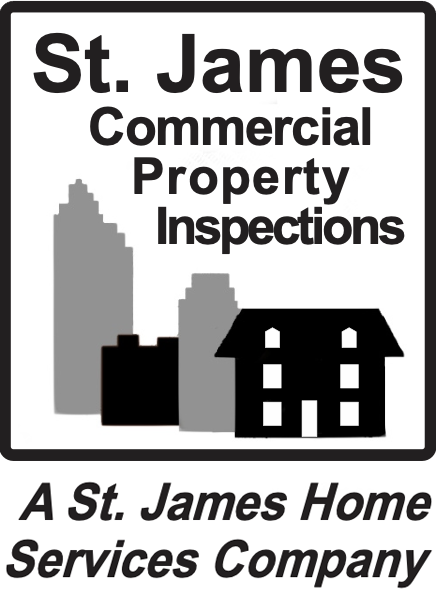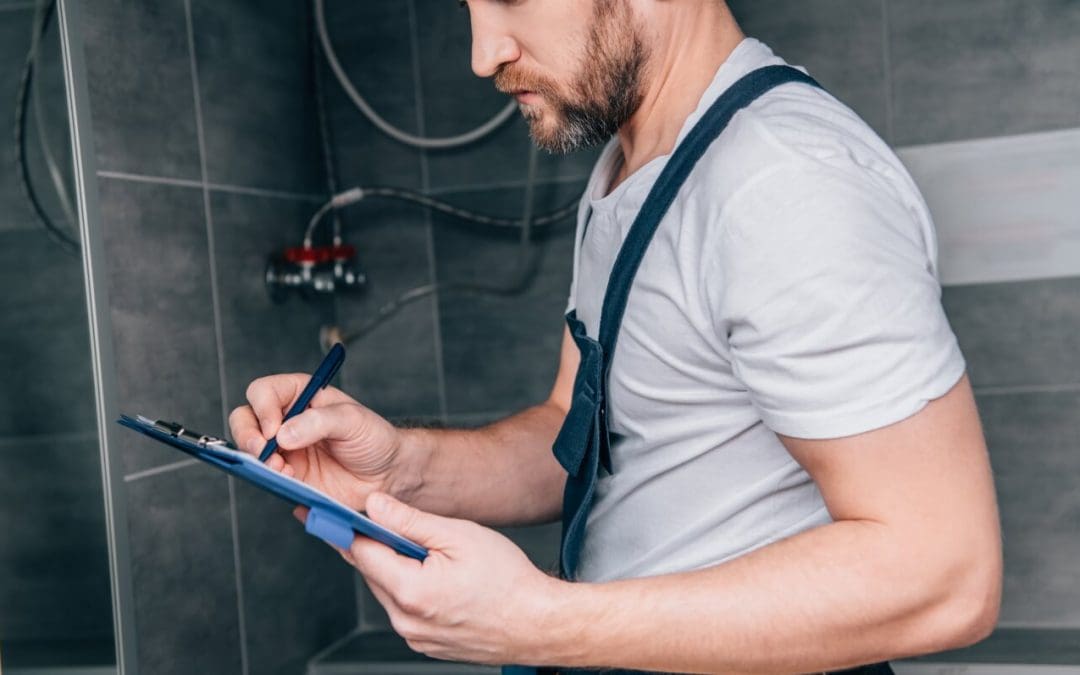Investing in commercial real estate is a significant decision that requires thorough evaluation. One critical aspect of this process is the commercial property inspection. Unlike residential property inspections, commercial inspections come with their own set of standards and complexities. Understanding these nuances can save investors from costly mistakes and ensure the property meets all requirements.
What is a Commercial Property Inspection?
A commercial property inspection involves thoroughly examining the building and its systems. This includes the structure, electrical, plumbing, HVAC systems, and other critical components. The goal is to identify any existing or potential issues that could impact the property’s value or usability. Certified professionals with experience in commercial properties typically perform these inspections.
Why Are Commercial Property Inspections Important?
Commercial property inspections are vital for several reasons. First, they provide a clear picture of the property’s condition. This helps investors make informed decisions about the purchase and future maintenance. Second, inspections can reveal hidden issues that may not be immediately apparent. Addressing these issues before finalizing the deal can save substantial money and prevent legal complications.
The Inspection Process
The inspection process usually begins with a visual examination of the property. Inspectors look for wear and tear, structural damage, and other visible issues. They also review the property’s documentation, including maintenance records and previous inspection reports.
Next, the inspector conducts a more detailed evaluation, which may include testing electrical systems, checking plumbing fixtures, and examining the HVAC system. If needed, specialized inspections, such as those for environmental hazards or pest infestations, may also be conducted.
Key Areas of Focus
Several key areas are typically covered during a commercial property inspection:
Structural Integrity
The foundation, walls, and roof are examined for signs of damage or deterioration. Structural integrity is crucial for the safety and longevity of the building.
Electrical Systems
Inspectors check the electrical panels, wiring, and fixtures to ensure they are up to code and functioning properly. Faulty electrical systems can be a significant safety hazard.
Plumbing Systems
The plumbing inspection includes checking pipes, drains, and fixtures for leaks, corrosion, or other issues. Properly functioning plumbing is essential for the daily operation of any commercial property.
HVAC Systems
Heating, ventilation, and air conditioning systems are evaluated to ensure they are in good working order. These systems are critical for maintaining a comfortable environment for occupants.
Safety and Compliance
Inspectors look for compliance with local building codes and safety regulations. This includes checking fire safety systems, emergency exits, and accessibility features.
The Role of the Inspection Report
The inspection report is a comprehensive document detailing the inspection’s findings. It includes descriptions of any issues found, their potential impact, and recommendations for repairs or further evaluation. This report is invaluable for negotiations, as it provides a factual basis for discussing repairs or adjustments to the purchase price.
Choosing a Qualified Inspector
Selecting a qualified inspector is essential for a thorough and accurate inspection. Look for certified inspectors from organizations such as the American Society of Home Inspectors (ASHI) or the International Association of Certified Home Inspectors (InterNACHI). Experience with commercial properties is also crucial, as these inspections require different expertise than residential ones.
Commercial property inspections are a critical step in the real estate investment process. They provide a clear understanding of the property’s condition, helping investors make informed decisions and avoid costly surprises. By focusing on key areas and choosing a qualified inspector, investors can ensure their investment is sound and secure. Investing in a thorough inspection today can save significant time, money, and stress in the future.
FAQs for Commercial Property Inspections
Can a commercial property inspection uncover environmental hazards?
Yes, specialized inspections for environmental hazards like asbestos, mold, radon, and lead can be conducted as part of or in addition to the standard commercial property inspection.
How should I prepare for a commercial property inspection?
Ensure all areas of the property are accessible, provide any relevant documents such as maintenance records, and be available to answer any questions the inspector might have.
Are follow-up inspections necessary after repairs are made?
Follow-up inspections can be beneficial to ensure that any agreed-upon repairs have been completed correctly and that no new issues have arisen.
How do commercial property inspections differ from residential inspections?
Commercial inspections typically involve more complex systems, larger structures, and different regulatory requirements than residential inspections. They also often require specialized knowledge and equipment.
St. James Commercial Property Inspections offers inspection services in Durham, Alamance, Caswell, Chatham, Franklin, Granville, Orange, Person, Vance, and Wake Counties of North Carolina. Contact us to request an appointment.

